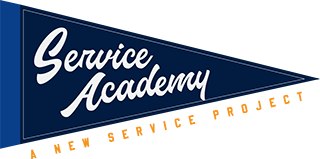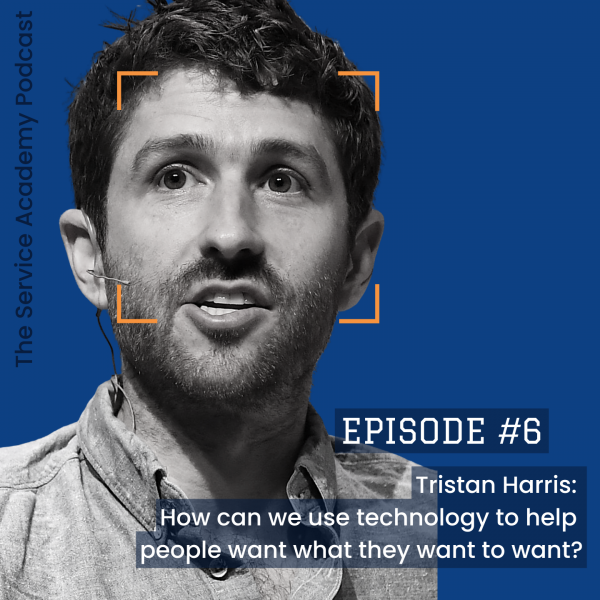How can technology fulfill not only our immediate needs but empower our true aspirations and well-being?
In this episode, meet Tristan Harris the Co-Founder & Executive Director of the Center for Humane Technology, whose mission is to emphasize the urgent need for ethical design and government regulations to counteract the negative consequences of technology’s influence. Harris was a design ethicist at Google where he studied how to ethically steer people’s thoughts.
“No matter how incredible our technology gets, there’s something that’s not changing, because it’s not about what our mind knows. It’s about how our mind works. Every news site, elections, politicians, games, even meditation apps have to compete for one thing, which is our attention. And the best way to get people’s attention is to know how someone’s mind works.” – Tristan Harris, Co-Founder & Executive Director of the Center for Humane Technology
Tristan delves into the perils of the current technology business model that thrives on maximizing engagement and capturing our attention. He sounds the alarm about the detrimental effects of social media, including cyberbullying, polarization, and the erosion of truth in society.
“The [social media] business model is to keep people engaged. Instead of getting your attention it was much cheaper [for them] to get you addicted to getting attention from other people.” – Tristan Harris
Tristan highlights how social media platforms have become a primary source of information that shape our perception of reality. Algorithms and persuasive techniques are employed to keep users engaged and addicted, contributing to a mass cultural shift towards narcissism, misinformation, and societal division. He details the exploitative nature of the business model, with companies profiting from users’ attention and perpetuating a cycle of outrage and polarization.
“Information overload leads to shortening attention span, social isolation, teen depression, suicide, breakdown of sense making conspiracy theories, and a post truth world.” – Tristan Harris
He calls for a reformation of the business model, advocating for regulations that prioritize user well-being over profit. There is an urgent need to cultivate awareness among users to combat the addictive and polarizing aspects of social media.
Tristan’s work inspires Service Academy’s Ryan and Thomas to envision a future where social media platforms prioritize social participation and reward users for their attention instead of exploiting it. They want to use their Service Academy platform to emphasize the potential for change, highlight the role of youth in shaping a better technological landscape, promote responsible technology use, and prioritize service engagement. In short, they aim to create a healthier relationship between humans and technology.
“It’s almost like social media companies are feeding us junk food, perfectly engineered to be irresistible. Where things like service activities are your healthy vegetables. And so we’re not trying to make vegetables taste like junk food, we’re just trying to make the best, freshest veggies that we can and make them easily accessible.” – Ryan Growney, Co-Founder of Service Academy
Subscribe to The Service Academy Podcast on Spotify and Apple and join us in exploring the question “How can I make the biggest possible difference while developing into the person I want to be?”
Join Service Academy
Join Service Academy and be part of the New Service participation revolution today!
Service Academy is a youth-led social impact organization committed to elevating the social value of youth service and co-creating youth service activities that map to the life skills that young people value.
WITH SPECIAL THANKS — The Service Academy Podcast is created and produced in coordination with MCS Media, executive producers Donny Dykowsky, Dan Strong, Aaron Kheifets, and Mike Bulger.

